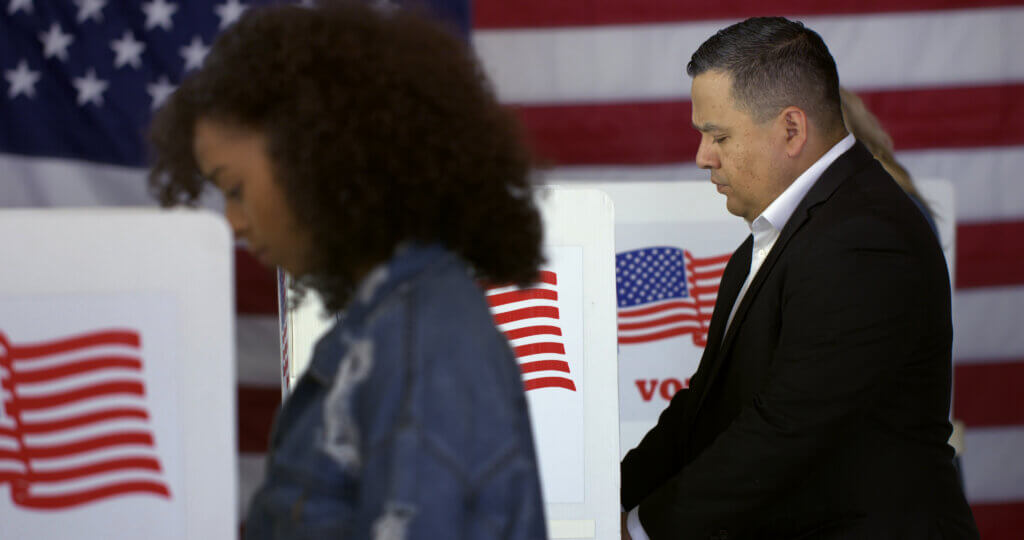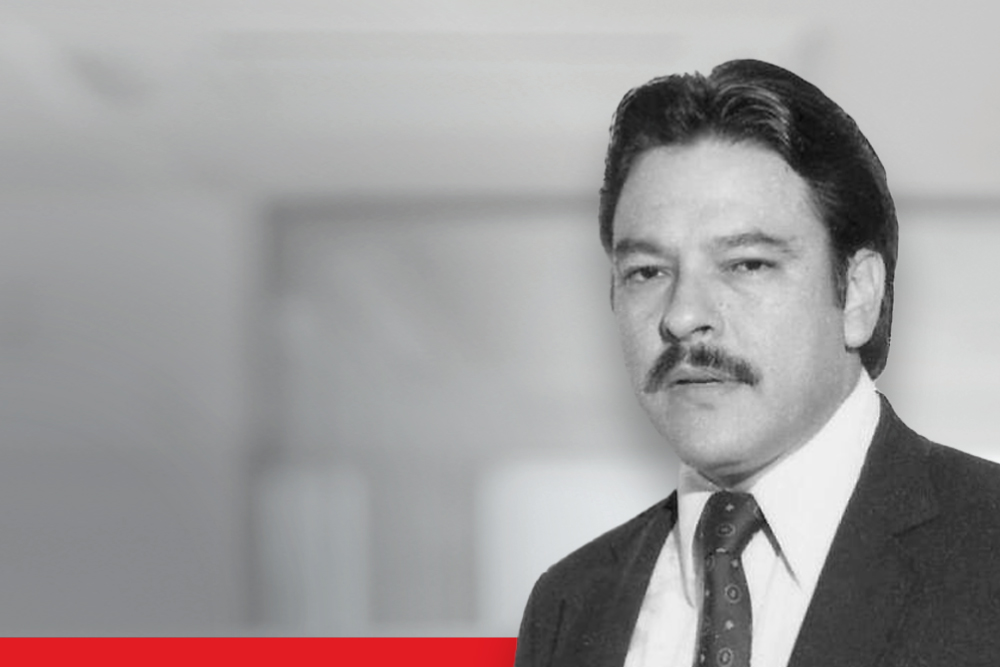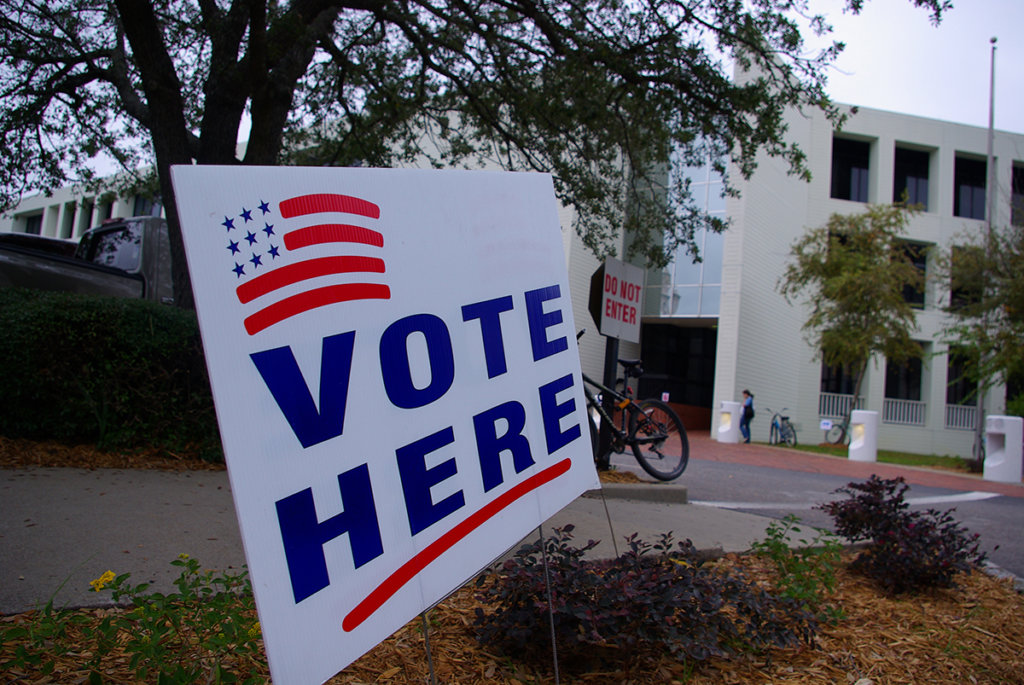When we vote, we win
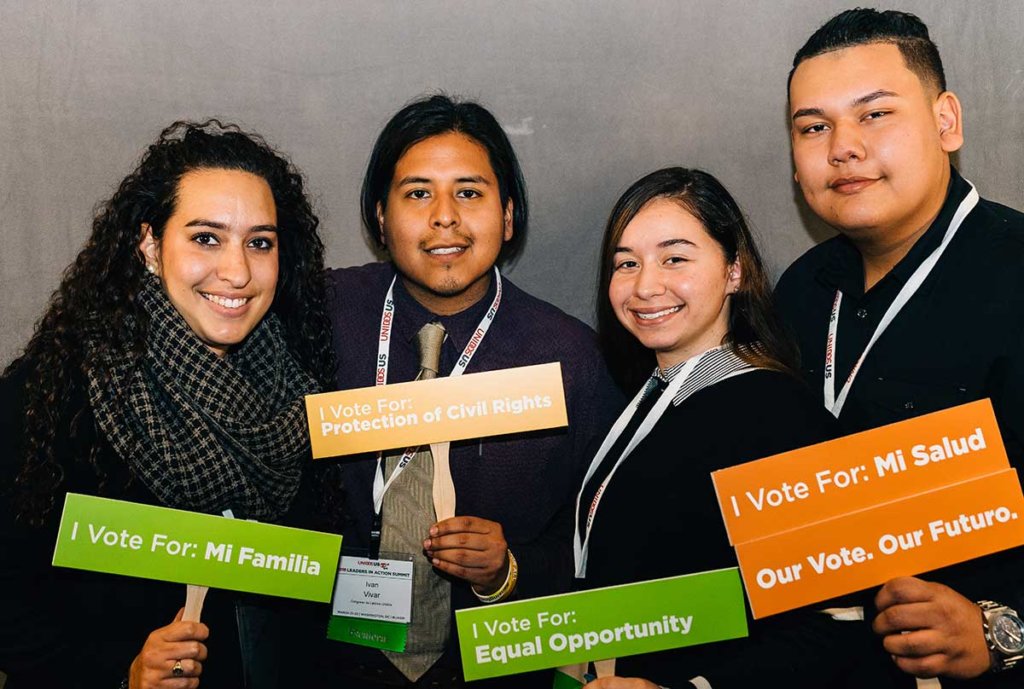
There are hundreds of reasons to vote, ranging from protecting civil rights to protecting our rights as consumers to the prices for the food we buy at the grocery store. Voting is how we raise our voices and move the issues we care about forward. It’s how we protect the things we care about and change the things we disagree with.
The Latino community has been at the forefront of many movements for change in communities across the country. Our vote—like the vote of all Americans across the country—has made a difference in election after election, helping to shape policies on a wide range of issues.
Below are five examples from five different states where using our vote to raise our voice made a change.
Sheriff Joe Arpaio was infamous in Arizona’s Maricopa County for demonizing immigrants and the Latino community. Throughout his tenure as sheriff, he kept inmates in deplorable tent city jails in the hot Arizona sun, would feed them rotten food, and force them to wear pink underwear.
Arpaio was even convicted of racially profiling Latinos by the courts—which he ignored.
Fed up with Arpaio’s abuse of the community, young Latinos organized to defeat Arpaio in the 2016 election.
Born out of their work was Bazta Arpaio, a coalition of community members and advocates who focused on registering and turning out first-time voters to defeat Arpaio in the general election.
Because of their tireless work in campaigning to stand up to then-Sheriff Arpaio, we awarded Bazta Arpaio the Maclovio Award for Leadership at the 2017 NCLR Annual Conference.
Arpaio’s election in 2016 was decided by an 11-point margin on Election Day.
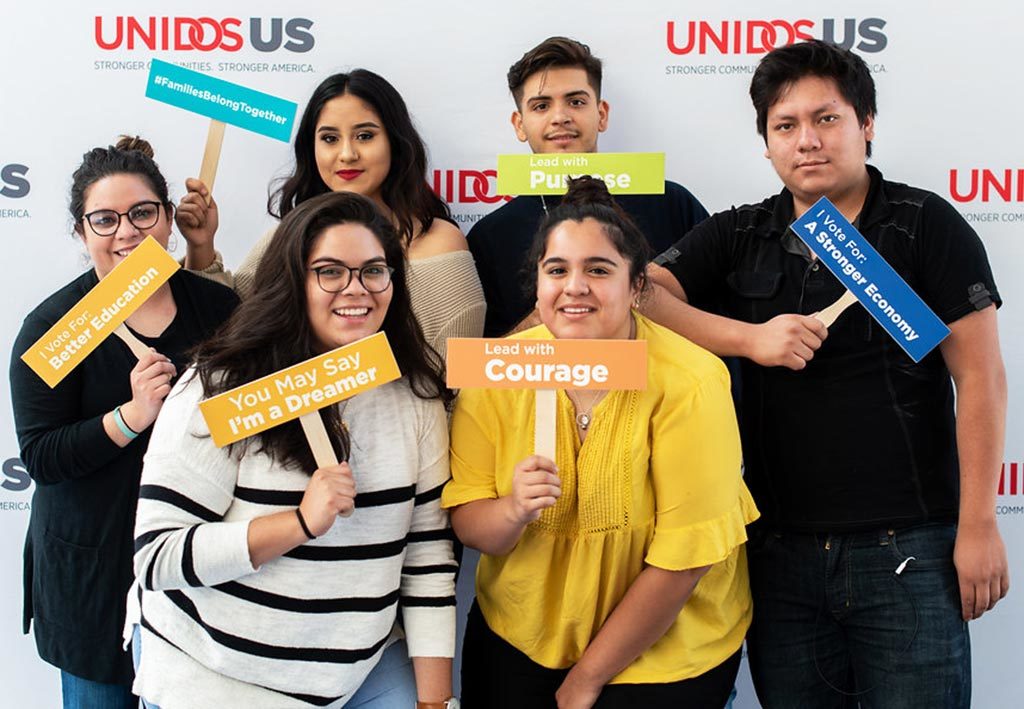
Colorado has the eighth highest Latino population in the country, and Latinos overall are disproportionately concentrated in jobs that pay minimum wage.
In 2016, Colorado voted to increase the minimum wage in the state from $8.31 an hour to $9.30 an hour in 2017 increasing by 90 cents every year until 2020, when the minimum wage will reach $12 an hour.
Some of the organizations that supported the increase in Colorado’s minimum wage include: Colorado Immigrant Rights Coalition, Colorado Organization for Latina Opportunity and Reproductive Rights, Generation Latino, Mi Familia Vota Colorado, and Padres & Jóvenes Unidos.
Colorado’s minimum wage ballot measure passed by 11 points on Election Day.
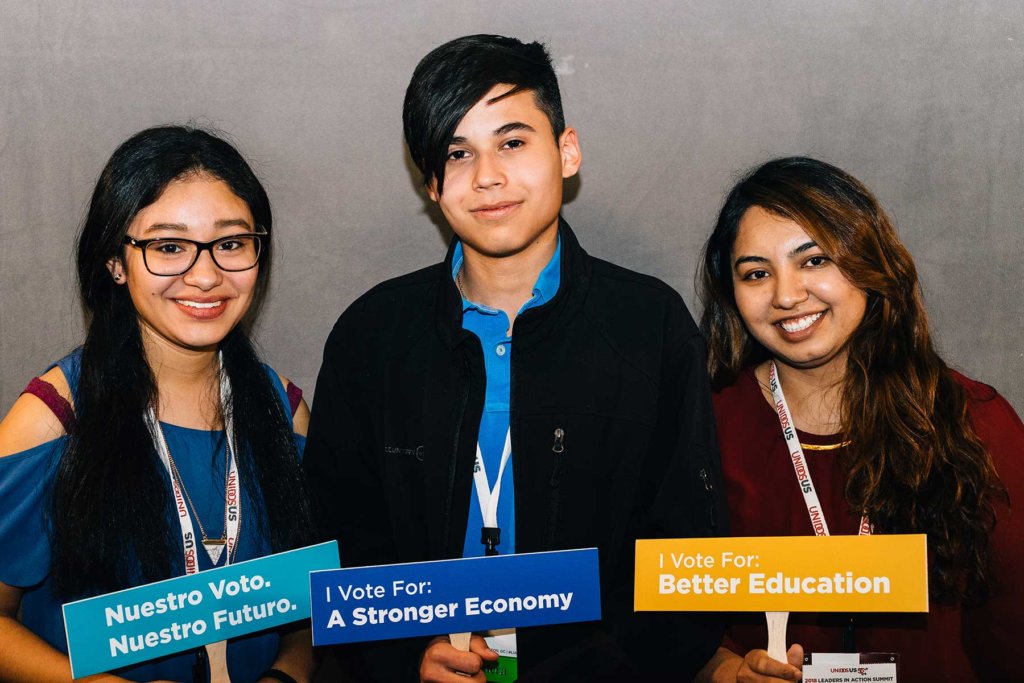
In 2008, prior to the passage of the Affordable Care Act, Latinos made up nearly 30% of Florida’s uninsured population, despite only being 19.4% of Florida’s population at the time.
In 2012, Amendment 1—also known as the Florida Healthcare Amendment—was on the November 6, 2012 ballot for consideration by Florida voters. If the ballot measure had been approved, it would have blocked laws or rules that intended to compel people (or employers) to purchase, obtain, or otherwise provide for health care coverage.
While Florida’s law would have conflicted with the Affordable Care Act and likely would not have been able to go into effect, a change to Florida’s insurance laws—even one that would have likely been challenged in court, could have affected the number of people in the state who had access to or decided to purchase health care coverage.
Keeping The Affordable Care Act has been especially important for Florida’s Latinos, in addition to having an immensely positive effect on the state overall. UnidosUS (then NCLR), reported in 2017 that between 2015 and 2017, the uninsured rate for Latinos dropped from 29% to 19%.
The proposed Florida Amendment was defeated by a margin of three points on Election Day.
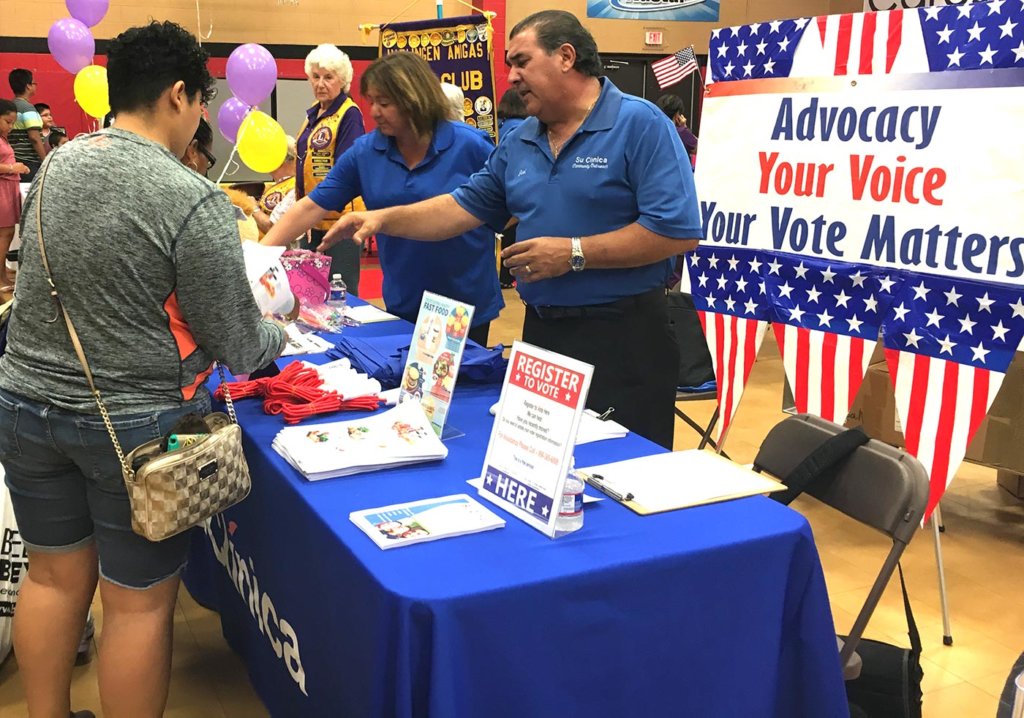
In 2011, Maryland Governor Martin O’Malley signed Senate Bill 167, which allowed DREAMers (undocumented youth brought to the United States as children) to pay in-state or in-county tuition at Maryland colleges.
Opponents of the law, however, were quick to petition for a voter referendum to uphold the law. One of the immigrant rights groups that spoke out in favor of the proposal was Casa de Maryland, an UnidosUS Affiliate based in Silver Spring. Casa de Maryland pushed back against the opposition by pointing out that any changes to the law could put young people’s lives in limbo.
In 2012, Maryland voters had the chance to approve the referendum allowing DREAMers to access in-state tuition just like their peers.
This ballot measure passed by 17 points on Election Day.

In 1998, California voters passed California Proposition 227, also known as the English Language in Public Schools Statute.
The Statute effectively eliminated bilingual classes in most cases, shortened the amount of time that English learner children stayed in special classes, and eliminated most programs that provided multi-year special classes for English learner students.
In 2016, voters in California got to decide on California Proposition 58—Non-English Languages Allowed in Public Education—which permitted bilingual education in schools, repealing the restrictions that had been passed by the 1998 ballot measure.
Some of the organizations that supported the passage of the ballot measure included: California Association of Latino School Administrators; California Latino Caucus; California Latino School Boards Association; and La Raza Roundtable de California were among the organizations that pushed for Californians to repeal the former ban on bilingual education.
California’s Proposition 58 passed by an astonishing 47 points on Election Day.
YOU CAN BE THE DIFFERENCE
At UnidosUS, we know the power of the Latino vote, and we’re working hard to register as many eligible voters as we can before Election Day.
There are hundreds of reasons to vote and hundreds of ways that you can create change by voting on Election Day. The examples above are only a few times where voters have made their voices heard and changed their communities. More opportunities are waiting for you in November.
Progress is possible. When we vote, we win.
Progress is possible. You can be the change that you want to see when you #vote. It all starts by registering now at https://t.co/ZUFIE7TIon #PowerOf18 pic.twitter.com/QhgHlMHjHJ
— UnidosUS (@WeAreUnidosUS) September 1, 2018
